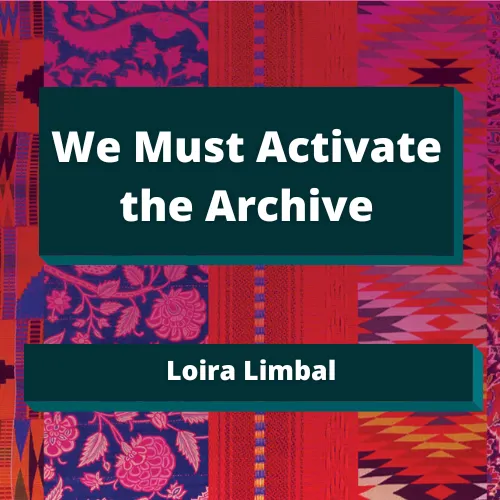Reconciliation and Reclamation: The Double-Consciousness of Black Filmmakers
Editor’s Note: As part of Firelight Media’s Beyond Resilience Masterclass series, supported by the National Endowment for the Humanities, we’re commissioning humanities scholars to share reflections on themes related to events in the series. In this essay, Dr. Terry Anne Scott reflects on the theme of the first event in the series, Black Filmmakers on Owning and Telling Our History. What is Black history when told from the perspective of Black documentary filmmakers?
“It is only by presenting those portions of the race in my pictures in the light and background of their true state, that we can raise our people to greater heights,” famed African American filmmaker and writer Oscar Micheaux once contended. His dictate was deeply inspired by a narrative of racial alterity that had defined Blackness in this country since the institutionalization of enslavement. Micheaux drafted and filmed stories early in the twentieth century that sought to dismantle the ever-present and often lethal stereotypes that plagued a Black existence while working to prove our humanity to the outside world and often to ourselves.
For Micheaux, much like Black filmmakers and other Black storytellers today, the intention behind his work bespoke a reality that African Americans face(d) in their daily lives: false and lethal notions of Blackness have defined our existence in the public sphere since early in the creation of this nation. Historically, Blackness has functioned as a complex determinant of racial interaction, domination, and racial disparities in the valuation of Black worth, the interpretation of crime, and the application of punishment. White supremacy has rendered African Americans objects for both persecution and entertainment through misrepresentation while placing an alternate value on our lives. A seemingly unbridgeable chasm between humanistic nuances and the permanence of a socially constructed existence continues to define African Americans, promoting erroneous notions of our supposedly innate predispositions toward all things foul. As a result, an entire people are often placed within the restrictive, perilous confines of a particular conception of our existence that have been reproduced across time and space. The results have often been deadly. While musing about what ignited racialized violence against Black people in a 1917 East St. Louis massacre, W.E.B. Du Bois asked “what did they see?” when referencing those who brutally attacked African Americans. His answer reveals much about how alternate stories of reality have historically demonized Blackness: “They saw something at which they had been taught to laugh and make sport; they saw that which the heading of every newspaper column, the lie of every cub reporter, the exaggeration of every press dispatch, and the distortion of every speech and book had taught them was a mass of despicable men, inhuman; at best, laughable; at worst, the meat of mobs and fury.”
A central goal for many Black filmmakers and other Black storytellers who work to highlight the experiences and realities of their brethren has often been to assist in destroying lethal myths by telling stories that dismantle racial stereotypes, reveal the expanse of racialized terror, herald Black love, reinforce Black humanity, and reconcile what Du Bois famously dubbed a double-consciousness.
From the visual and visceral displays of racial brutality caught on cell phones and disseminated worldwide to structural inequities laid bare by a pandemic, this moment in our history is one that has opened the eyes and hearts of many. Such realities are increasingly enabling those who tell our stories to have broader audiences while allowing an increasing number of Black filmmakers to reconcile the complexity of identities that have rendered them both the receivers of racism and the conduits for change. Since Micheaux’s paradigmatic efforts, a central goal for many Black filmmakers and other Black storytellers who work to highlight the experiences and realities of their brethren has often been to assist in destroying lethal myths by telling stories that dismantle racial stereotypes, reveal the expanse of racialized terror, herald Black love, reinforce Black humanity, and reconcile what Du Bois famously dubbed a double-consciousness.
These storytellers are burdened, or perhaps driven, by Du Bois’s brilliant theory. The famed intellectual, writer and activist first became aware of his perceived status as a racialized other through the taunting and disparaging actions of his white classmate in a Massachusetts schoolyard. Du Bois, the only Black child among them, was refused a playing card by a white classmate due to the color of his skin. This, his moment of racial awareness, became the topic first of an 1897 article in The Atlantic and then his 1903 essay, “Of Our Spiritual Strivings.”
The moment resulted, Du Bois suggested, in two paths that presented themselves to him. He knew that he could either relax into a nihilistic existence in which a debased racialized status was internalized, only to become sullen and unproductive — a stereotype of sorts pandering to racist notions of Blackness. Or, he could emerge as a victor in all things. He chose the latter. But this required the reconciling of two identities, a “double consciousness,” being at once American and Black. As an American, Du Bois properly reasoned that he be allotted all of the protections and respect inherent in being a citizen of a democratic country. Yet, as a Black person, he was continuously subject to racial discrimination and terror.
Du Bois, much like Black storytellers, would thereby engage in the work of attempting to lift his Blackness beyond the reach of oppressive systems while ensuring that he was afforded all the liberties inherent in American citizenship. Telling our stories does just that. Black filmmakers and others can at once dispel harmful myths while presenting the beauty, complexity, and resilience of Blackness. The service is not simply to the audience, however; it is to the filmmaker — a reconciled consciousness. For Black filmmakers who tell our stories, there is a dual impact: reconciliation and reclamation. They work to bring us to the forefront of democracy, rendering us not only human, but grand — part of a larger schema that makes America probable, possible.
Dr. Terry Anne Scott is an award-winning historian, author, and speaker. She recently left her position as an associate professor of American history and Chair of the Department of History at Hood College in Maryland to become the Director of the Institute for Common Power. Dr. Scott earned her doctorate in history from the University of Chicago, where she was awarded a fellowship from the University’s Board of Trustees. She received a master’s degree with distinction from Southern Methodist University. Dr. Scott’s research interests focus largely on urban history, the intersection of sports and race, African American social and cultural history, and political and social movements. She is the author of several books, including Lynching and Leisure: Race and the Transformation of Mob Violence in Texas and the forthcoming From Bed-Stuy to the Hall of Fame: The Unexpected Life of Lenny Wilkens. She is also the editor of Seattle Sports: Play, Identity, and Pursuit in the Emerald City. Additionally, Dr. Scott serves as an associate editor of the Journal of Sports History.


.png)
.png)

STAY CONNECTED









